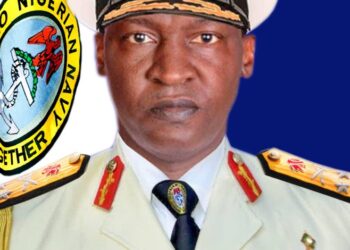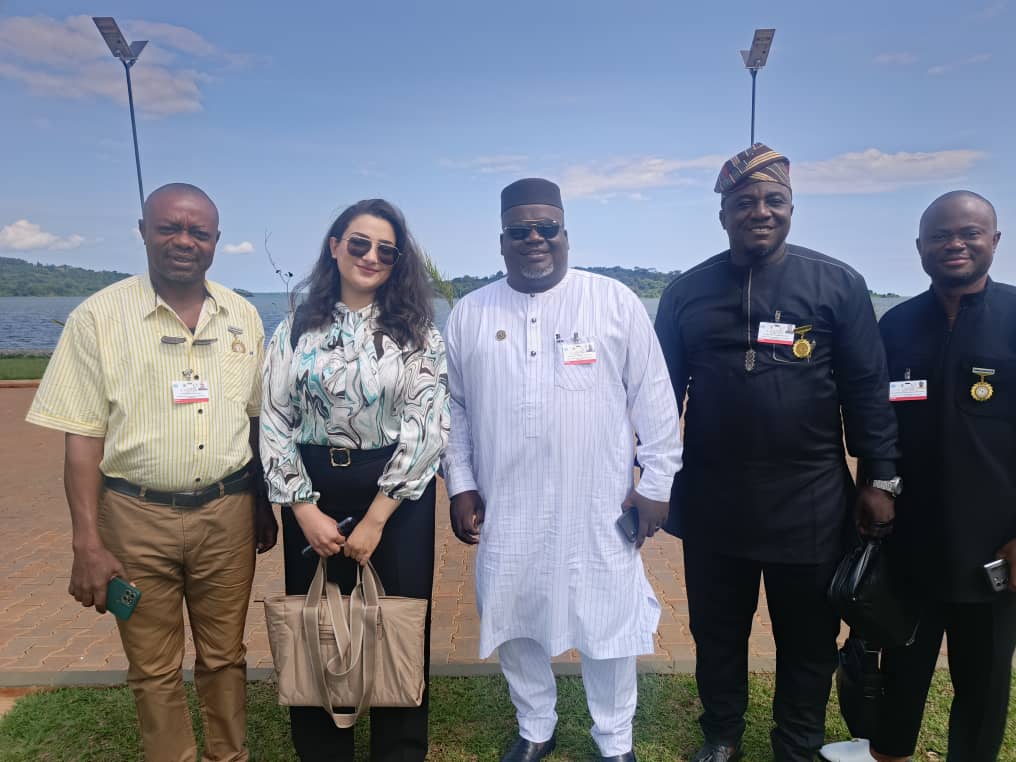Political commentator and former presidential aide, Reno Omokri, has come to the defence of President Bola Tinubu amid growing criticism over the ethnic composition of his appointments.
In a statement released Sunday, Omokri argued that President Tinubu’s choices are some of the most regionally inclusive in Nigeria’s history, countering claims that they heavily favour the Yoruba ethnic group.
He took particular aim at political analyst Farooq Kperogi, who had recently accused the president of tribalism based on selective appointments. Omokri dismissed the accusation as a “hasty generalisation” drawn from “a single committee” rather than the full scope of Tinubu’s administration.
“It’s intellectually lazy to use one isolated example to label an entire government as tribalistic,” Omokri said. “When viewed through the lens of the National Order of Precedence, Tinubu’s appointments show remarkable balance across Nigeria’s six geopolitical zones.”
Citing key appointments across all arms of government, Omokri noted that Senator George Akume from the North-Central region now serves as Secretary to the Government of the Federation, succeeding Northerners who held the post under former President Muhammadu Buhari.
He also highlighted the appointment of Mrs. Didi Esther Walson-Jack from the South-South as Head of the Civil Service, contrasting it with Buhari’s pick of Mrs. Folasade Yemi-Esan from the North-Central.
On security, Omokri pointed out that Nuhu Ribadu, from the Northeast, holds the position of National Security Adviser, while Olufemi Olatubosun from the Southwest serves as Chief of Army Staff.
Population and Education Influence Appointments
Addressing concerns about regional dominance, Omokri said the overrepresentation of the Northwest and Southwest is linked to population figures and educational advancement.
“The Northwest accounts for 27% of Nigeria’s population, making it the largest geopolitical zone. The Southwest, with 20%, is also the most educated region. These factors naturally influence federal appointments,” he explained.
Omokri concluded that, when considered holistically, President Tinubu’s cabinet reflects a deliberate attempt at national inclusion.












